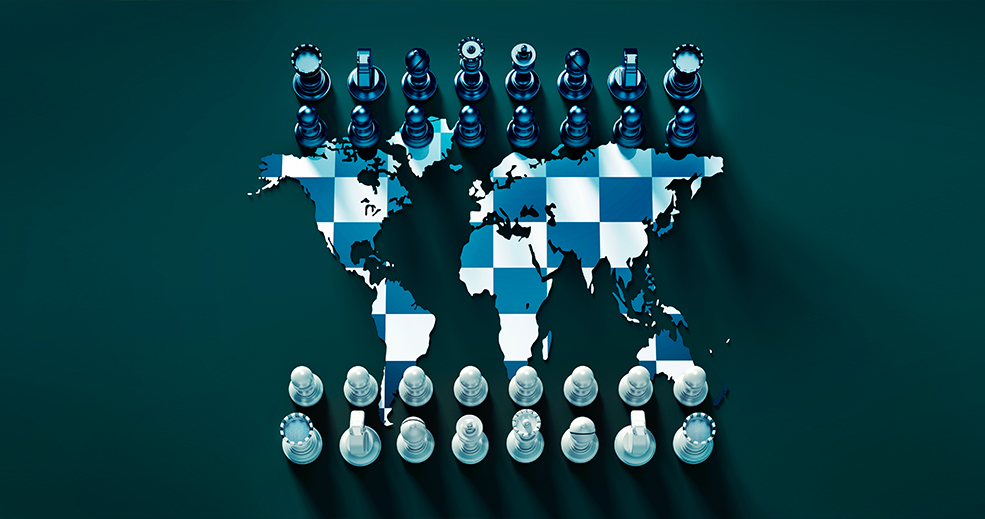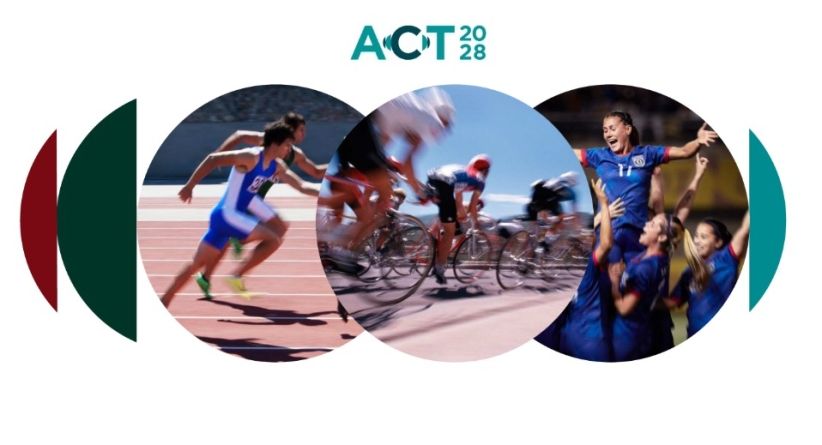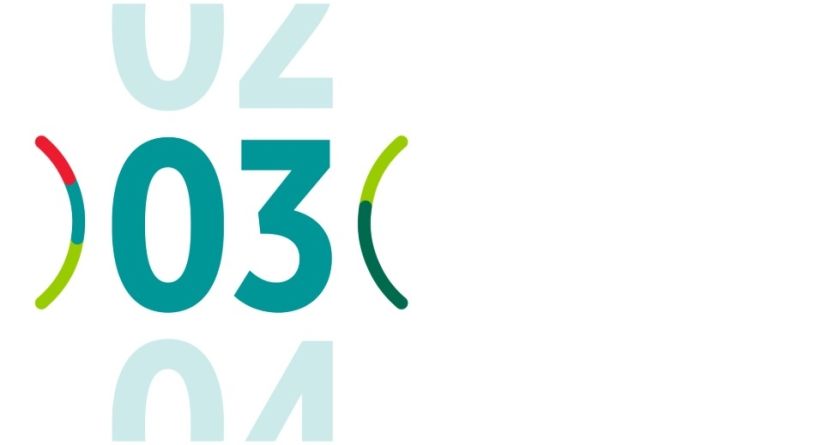
What is the common denominator between Qatar’s LNG contract with China, the cut in Saudi Arabia's oil production against the wishes of the United States, recent Gazprom deliveries to Azerbaijan[1] , Turkish strikes in Syria and Saudi Arabia's likely inclusion in the BRICS economic bloc?
All signs point to the same phenomenon: many powers that are often categorised as second-tier geopolitically are increasingly independent geo-economically. They are less and less concerned by the demands and threats of countries with the most power. These stalemates may seem like small potatoes compared to the trade war between China and the US, but they’ll have just as great an impact on the global economy.
This autonomy is being displayed not only by countries like India, Turkey, the Gulf countries and Brazil, but Kazakhstan, Azerbaijan, Vietnam and Malaysia, as well. The list is long! It also includes countries that have military alliances with the US, but sometimes go it alone, bringing to mind German Chancellor Scholz’s trip to China or the Arabian Peninsula’s relationship with Russia. Biden can eat his words – nothing will change.
It’s worth noting that this is not merely de facto autonomy, but activism. Each of these countries wants to take advantage of the opportunities that have arisen from cumulative shocks (war, Covid, etc.) to take a political stance in their periphery, increase talks (especially regionally) and draw investment. Their aim is to boost their power and independence amidst a global imbalance. This is happening in the blink of an eye, as the climate crisis lends an urgency fuelling the free-for-all approach.
There are multiple factors at play giving second-tier powers room for manoeuvre. One such factor is economic performance for those that stand to benefit from the current situation, especially in the Gulf countries. Another is the rivalry between the US and China, which is driving up the appeal and trade leverage of some countries. Meanwhile, others like Turkey are experiencing a shift in status. Value chains are an unlimited source of power for countries monopolising a segment – especially as the climate transition shifts the comparative advantages. It’s rather likely that the resource economy will be increasingly headed by cartels like OPEC. Furthermore, the number-one factor motivating countries both large and small to seek more autonomy is the fear of shortages and a war on resources.
Does this mean the two-power-bloc scenario has serious limitations? Actually, the situation is not so simple, as countries are gaining independence and using bloc logic at the same time. Moreover, geo-economic fragmentation attests to what political scientists are predicting to be a new balance of power – when a global system structured by relations between the centre and its periphery is weakened, the latter will be the one to determine a new balance of power. This new balance we are witnessing is necessary as long as it doesn’t leave countries vying for survival to fend for themselves, as long as it bolsters mutual resilience, and as long as it doesn’t hinder the creation of a new system of production, distribution, regulation and values that’s consistent with the new climate scheme and the protection of biodiversity. The question is: what will the countries who acquire power today do with it tomorrow?
1 Source : Eurasianet







